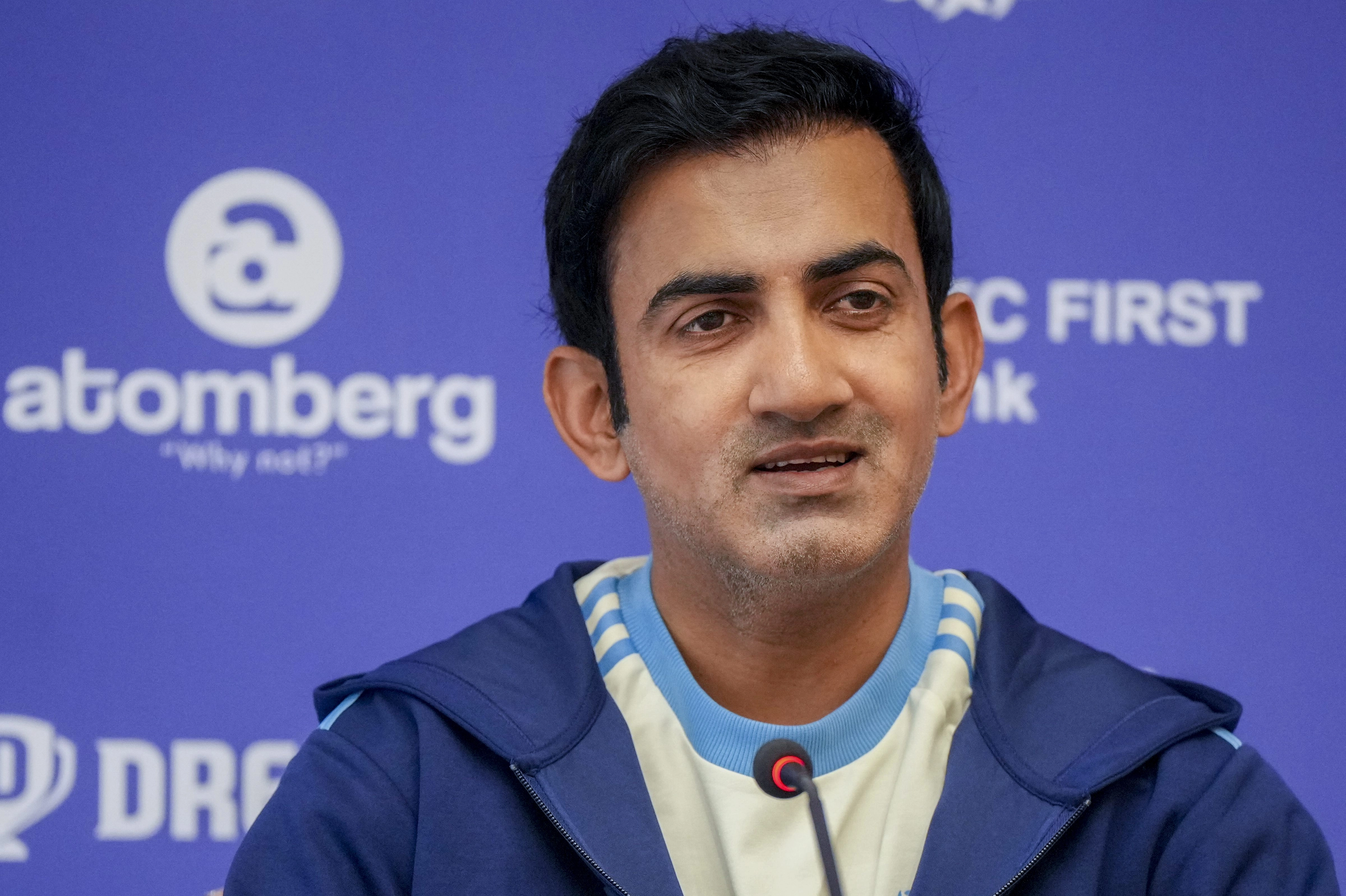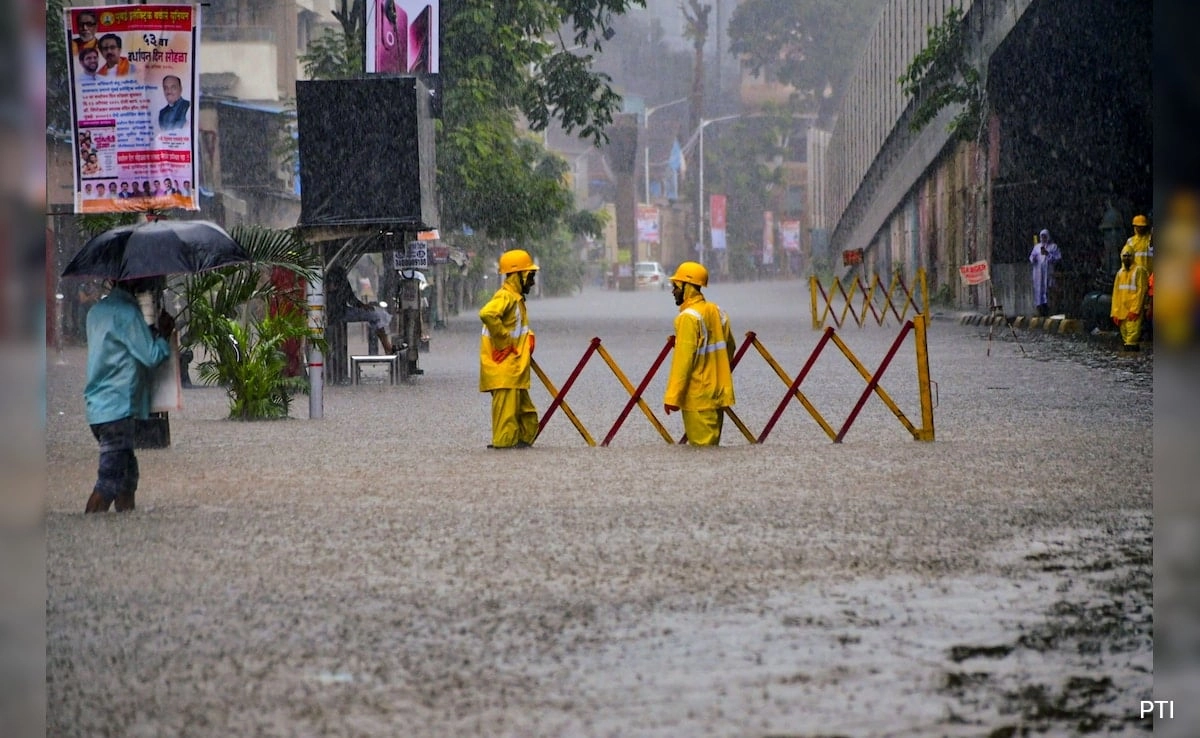A recent event in Dubai has ignited considerable outrage among various communities, particularly within the Indian diaspora, following the hosting of former Pakistani cricketer Shahid Afridi by a group from Kerala. The incident has drawn attention due to Afridi’s controversial status among cricket fans in India, where cricket is more than just a sport; it is a significant cultural touchstone that often reflects broader political sentiments. The Kerala group, which organized the event, reportedly aimed to celebrate sportsmanship and unity through cricket, but many perceived the invitation of Afridi as a provocative act, especially given the historical tensions between India and Pakistan.
The backlash primarily arose on social media platforms, where users expressed their discontent with the event. Critics argued that inviting a prominent figure from Pakistan, a country frequently at odds with India, was insensitive and disrespectful, especially in light of recent geopolitical tensions. Many felt that the event undermined the sacrifices made by armed forces and civilians during conflicts between the two nations. Supporters of the event, however, contended that sports should transcend national borders and that Afridi’s contributions to the game should be celebrated regardless of his nationality. This dichotomy highlights the complexities of how sports and national identity intersect, particularly in a region marked by historical animosities.
The organizers defended their decision, emphasizing the importance of promoting peace and camaraderie through sports. They pointed out that Afridi has, in the past, called for better relations between India and Pakistan and has advocated for humanitarian issues. Nevertheless, the response suggests that many within the Indian community remain wary of gestures that could be perceived as normalizing relations with a country that has been involved in numerous conflicts with India. The incident has sparked a broader conversation about the role of sports in diplomacy and the challenges of fostering goodwill when historical grievances linger heavily in the public consciousness.
As the debate continues, it raises important questions about the future of sports diplomacy in a polarized environment. Can figures like Afridi serve as bridges between divided nations, or do their actions inadvertently exacerbate existing tensions? The Dubai event underscores the need for dialogue and understanding in a world where sports can either unite or divide, depending on the context. Ultimately, the incident serves as a reminder of the powerful role that sports play in shaping national narratives and the emotions tied to them, making it essential for organizers to navigate these waters with sensitivity and foresight.




